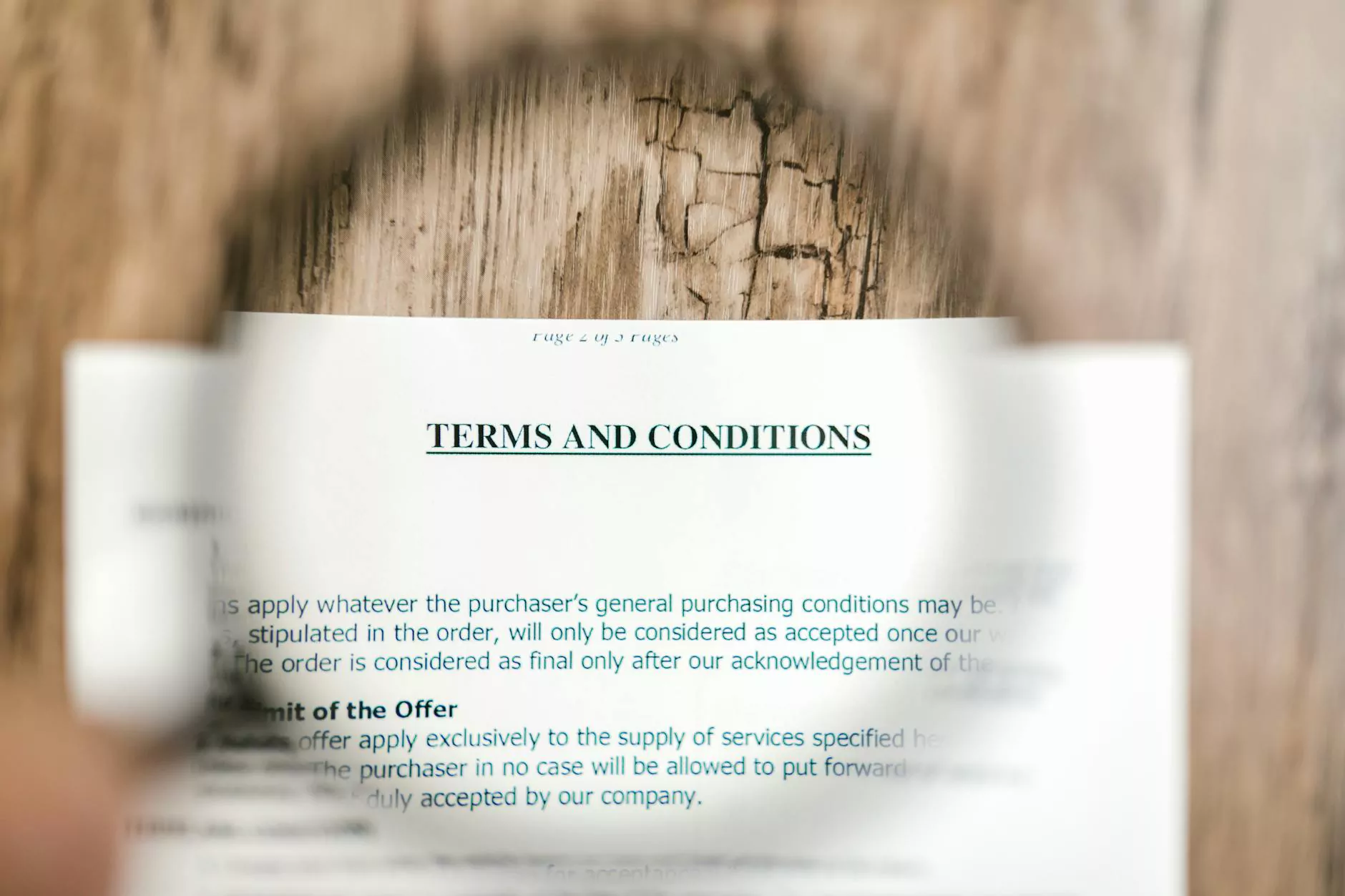Your Bylaws Can Protect Your Business From Lawsuits

Introduction
Welcome to Baytowne Reporting's informative guide on how your bylaws can play a crucial role in protecting your business from lawsuits. In the fast-paced world of law and business, it's essential to take proactive steps to safeguard your company's interests and minimize legal risks. By understanding the importance of well-crafted bylaws and incorporating the right provisions, you can establish a solid foundation for legal compliance and mitigate potential liabilities.
The Significance of Bylaws
Bylaws are the internal rules and regulations that govern how a corporation operates. They act as a roadmap for decision-making and provide a clear framework for how the organization functions. While bylaws vary from one company to another, their overall purpose is to ensure transparency, accountability, and legal compliance. These documents not only safeguard the interests of the corporation but also protect the rights of the shareholders, directors, and officers.
Defining Effective Bylaws
Effective bylaws should be comprehensive, flexible, and tailored to the specific needs of your business. Key components to consider include:
1. Organizational Structure
Clearly delineate the roles and responsibilities of the board of directors, officers, and shareholders. Define decision-making processes, the voting structure, and any necessary quorum requirements. By establishing a well-defined structure, you can avoid potential disputes and ensure the smooth operation of your business.
2. Shareholder Rights and Obligations
Specify the rights and obligations of shareholders, including their voting rights, dividend entitlements, and access to corporate information. This clarity fosters transparency and helps prevent conflicts among stakeholders.
3. Conflict of Interest Policies
Incorporate conflict of interest policies that require disclosure of potential conflicts and provide guidelines for handling such situations. This demonstrates your commitment to ethical and responsible business practices, protecting your company's integrity and reputation.
4. Director Liability Protection
Consider including provisions that protect directors from personal liability for actions taken in good faith. This can provide a level of comfort to individuals serving on your board, encouraging qualified individuals to join and contribute their expertise.
5. Meeting Procedures
Outline the procedures for conducting shareholder and board meetings, including notice requirements, quorum rules, and minutes of the meetings. Adhering to formal meeting protocols demonstrates professionalism and compliance with legal obligations.
6. Amendment Process
Establish a straightforward process for amending the bylaws to accommodate future changes in your business. This ensures that your bylaws remain up-to-date and in line with evolving legal requirements.
Crafting Bylaws to Minimize Legal Risks
To maximize the protection offered by your bylaws, it's important to consider potential legal risks your business may face:
1. Compliance with Applicable Laws
Ensure that your bylaws comply with all relevant laws, regulations, and industry-specific requirements. Failing to do so can leave your business exposed to potential legal challenges that could harm your reputation and finances.
2. Risk Management Policies
Develop comprehensive risk management policies that address potential areas of vulnerability. These policies should outline proactive measures to mitigate risks, such as confidentiality policies, data protection protocols, and conflict resolution mechanisms.
3. Employment Contracts and Agreements
Include provisions in your bylaws that enforce the use of employment contracts and agreements. Clear terms and conditions can protect you from legal disputes with employees, such as wrongful termination claims or breach of contract accusations.
4. Intellectual Property Protection
Depending on the nature of your business, consider including provisions in your bylaws to safeguard your intellectual property rights. This could involve confidentiality agreements for employees or guidelines on trademark and copyright protection.
Conclusion
In conclusion, your bylaws have the power to protect your business from lawsuits and legal challenges if crafted thoughtfully and comprehensively. By consulting with legal professionals and tailoring your bylaws to your specific business needs, you can create a strong foundation for legal compliance and minimize potential risks. Baytowne Reporting is here to support you in ensuring that your bylaws safeguard your business interests effectively.
Contact Baytowne Reporting today for expert assistance in creating or reviewing your bylaws and to secure the long-term success and legal protection of your business.










